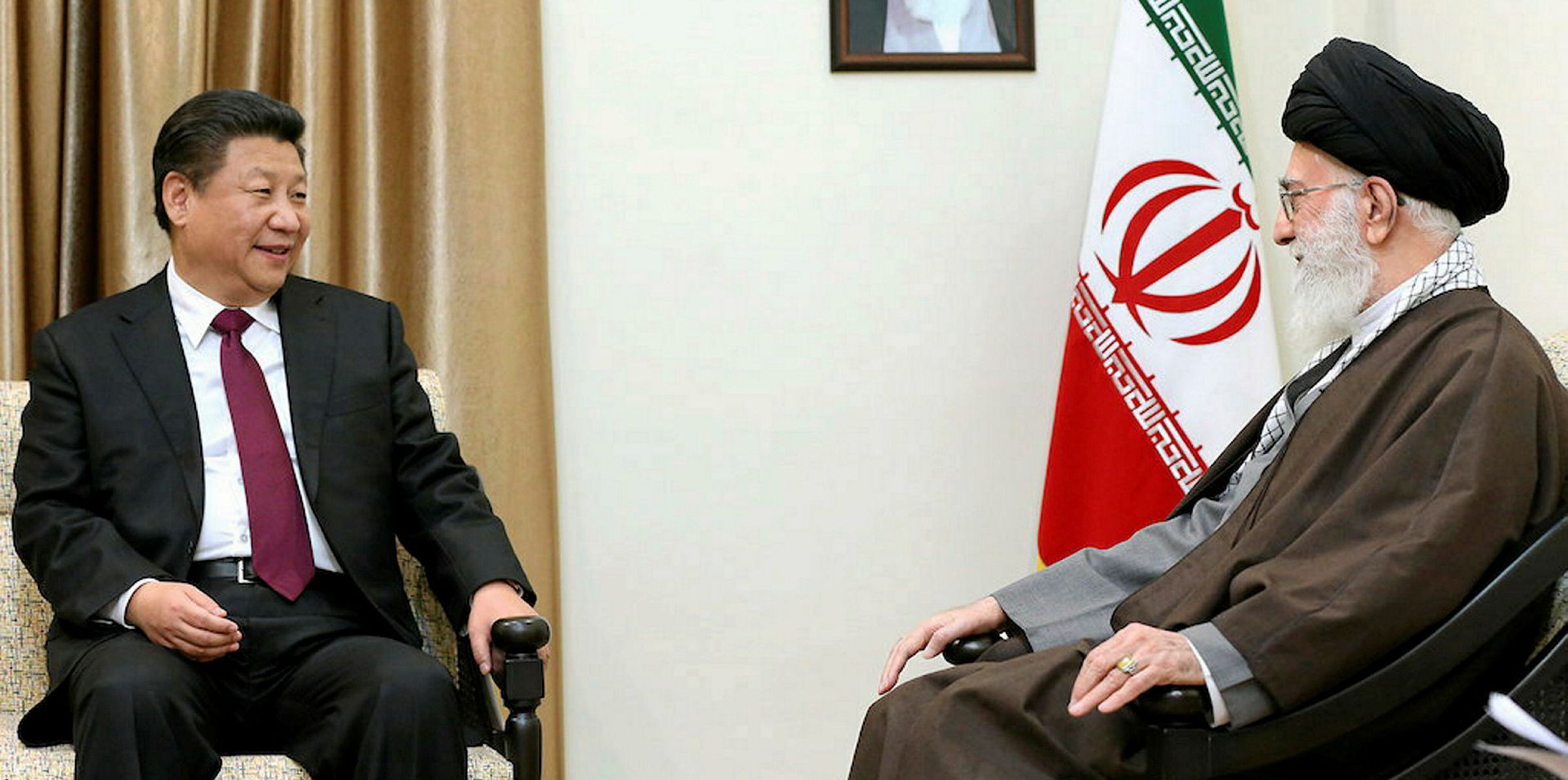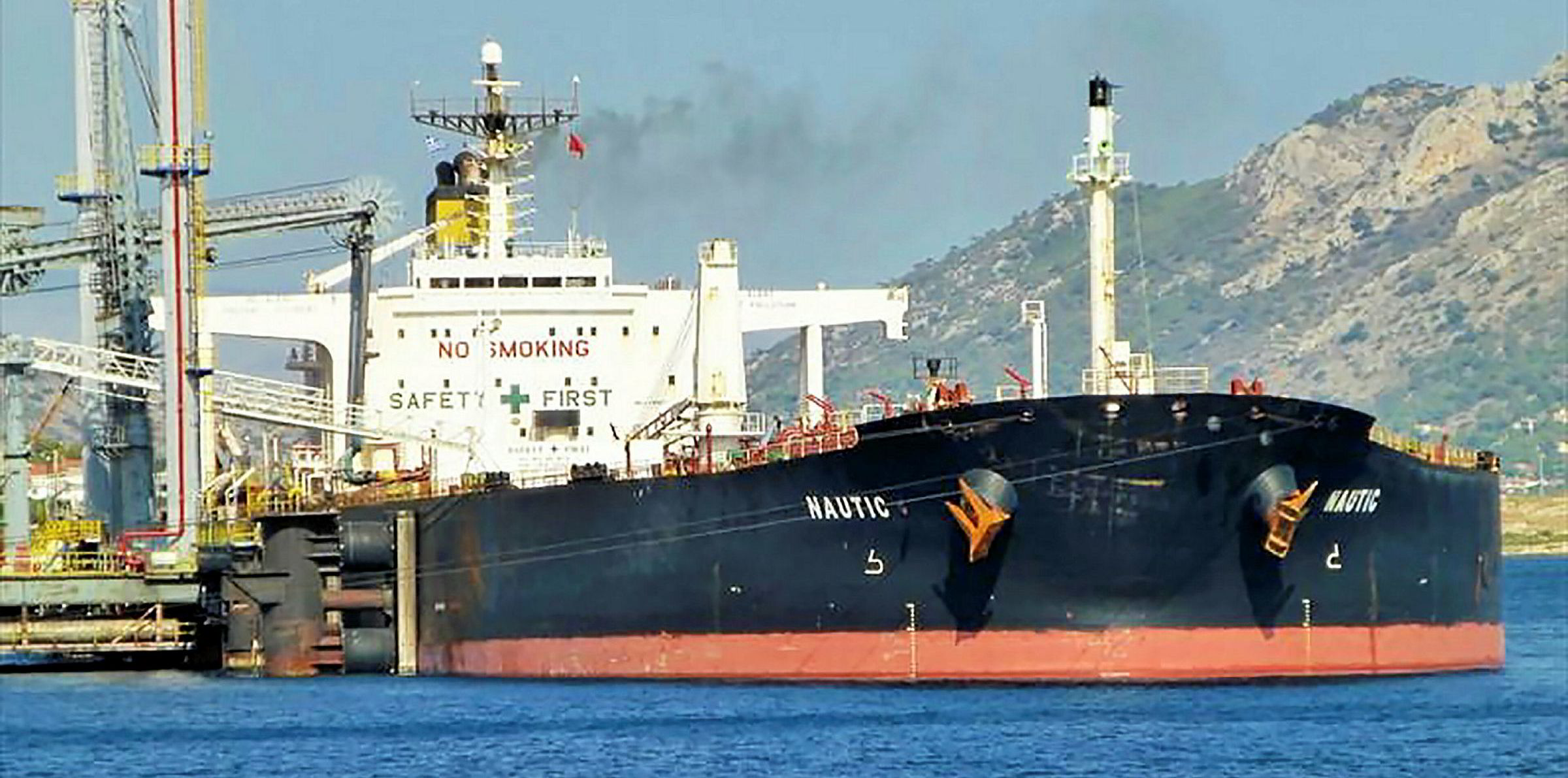China has confirmed it imported no Iranian crude in June even as the two countries are reportedly finalising a $400bn energy and transport deal.
According to customs data cited by various media outlets, the world’s largest crude importer did not receive any crude from Iran last month, compared with 60,000 barrels per day (bpd) in May.
Platts said this zero import had never occurred since it began tracking General Administration of Customs data in January 2007.
Despite that total, Chinese crude imports hit an all-time high of almost 13m bpd in June, as the country’s refiners saw a large intake of cheap oil from Brazil and Saudi Arabia.
Industry observers have suggested not all Chinese imports of Iranian oil are shown in official records, as many cargoes from the Islamic republic are transported via ship-to-ship transfers in South East Asia.
Data from Kpler also showed China did not import any Iranian crude last month. But it suggested imports would recover to 3.7m barrels in July.
Those are carried by National Iranian Tanker Co (NITC)'s 318,021-dwt Snow (built 2012) and 317,534-dwt Stream (built 2013) to Huizhou.
Targeted by US sanctions for its nuclear activities, Iran has seen its oil exports fall sharply over the past year.
However, the country is close to signing a massive investment accord with China, whose bilateral relations with the US are also strained.
According to media reports, China will invest $400bn in Iran’s oil, gas, petrochemical, transport and manufacturing sectors over a 25-year period.
In return, Chinese companies will have the leading position to bid on any Iranian energy projects and can buy the country's oil, gas and petrochemical products at deep discounts.
“China will be receiving a discount of around 30% on all [purchases],” Gibson Shipbrokers said in a note. “Increased Iranian crude production is likely to displace imports from other main crude exporters to China.
“International owners are unlikely to get involved due to a threat of being sanctioned by the US government ... as such, idled NITC vessels are likely candidates to service this trade, but it will take away the trading demand from international companies shipping crude to China from elsewhere.
“It is difficult to see how this deal will actually make it through in its current state, but it is clear that China and Iran could eventually have a very significant partnership, which will impact significantly the crude tanker sector.”






